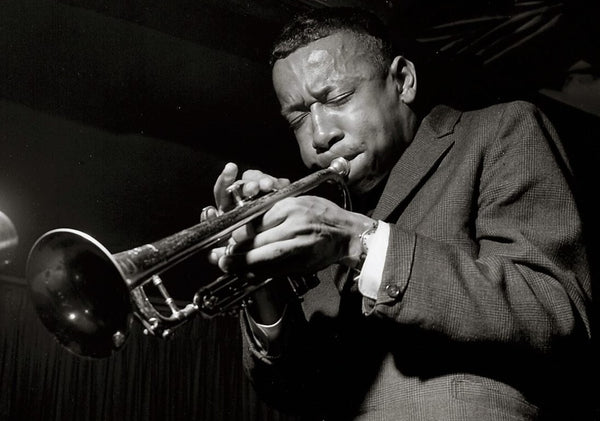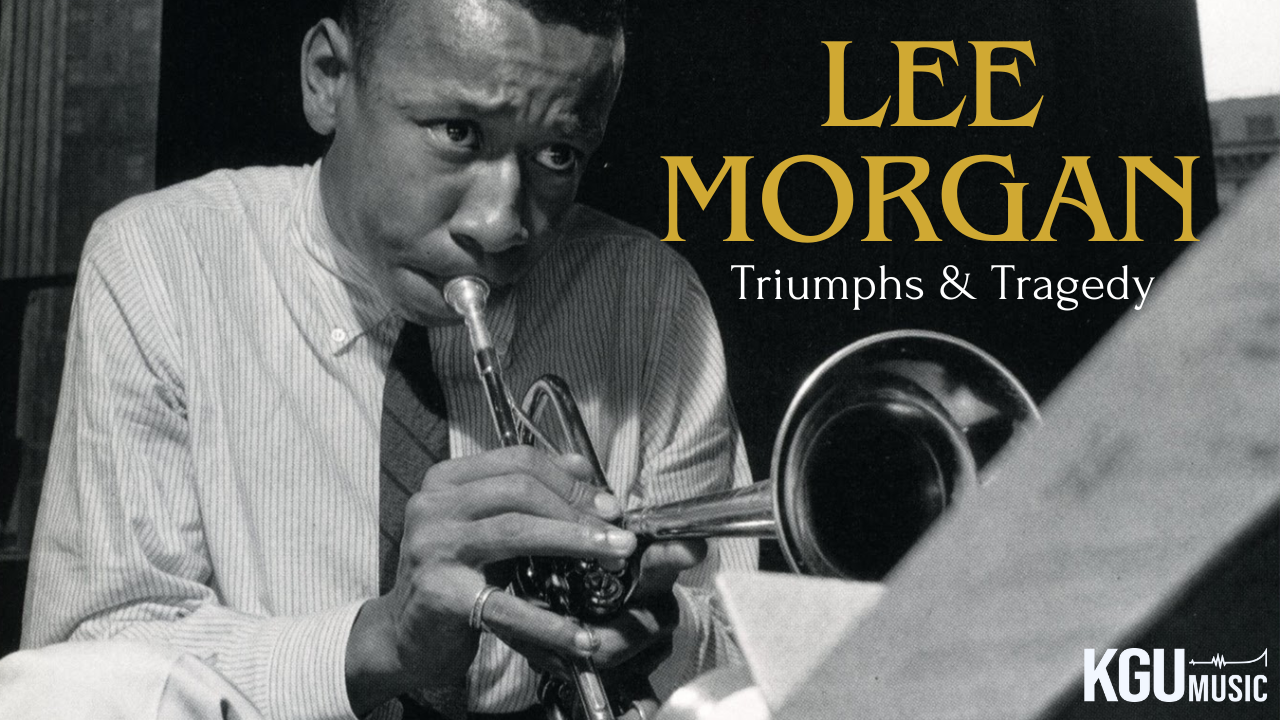Lee Morgan, "There are no natural barriers. It's all music. It's either hip or it ain't"
Lee Morgan entered music history as a talented American jazz trumpeter and composer, with a great contribution to the jazz genre. His performance was full of improvisations, melodic lines and distinctive tone. Morgan was known for his collaboration with the Jazz Messengers, where he created the most impressive recordings that built his reputation as one of the most influential trumpeters of his time. In today’s article, we’re going to investigate some key moments of Lee Morgan’s creative journey.

- Lee Morgan was born in 1938 in Philadelphia, Pennsylvania.
- Stylistically, he was influenced by Clifford Brown. Clifford gave Lee a few lessons, when he was a teenager. It happened before Lee joined the Dizzy Gillespie Big Band.
- His first interest was the vibraphone, later he became enthusiastic about the trumpet. Lee received his first trumpet from his sister as a gift at his 13th birthday. He also played alto saxophone.
- At 15, Lee was already a professional musician. Later, at the age of 18, he was a featured soloist in the Dizzy Gillespie Big Band.
- By his twenties, Morgan was fortunate to have played on four continents and released many albums.
- Lee Morgan was especially successful during the late 1950s and early 1960s, when he was actively involved in the hard bop movement.
- For a few years, Lee toured with Art Blakey. He was also featured on many of the Jazz Messengers’ albums, including the band's best recording “Moanin”.
- Morgan had an addiction, and there’s a high likehood that it was Blakey who introduced him to heroin.
- Morgan recorded many albums as a leader and sideman for the Blue Note Records label, contributing to the reputation of the label, known for releasing groundbreaking jazz songs.
- In 1963, Lee Morgan recorded the song “The Sidewinder”, which brought great commercial success and entered the pop charts a year later in 1964. This music was used as the background theme for Chrysler television commercials during the World Series. It’s interesting that neither Morgan nor the Blue Note gave their consent for using the music. There’s also a version that Morgan recorded “The Sidewinder” as filler for his album and never imagined it to be the biggest hit.
- Since his first commercial success, Morgan continued his productive work in recording. He also created “Search for the New Land” in 1964, which earned its place in the top 20 of the R&B charts.
- With the ascendance of black liberation movement in the late 1960s, Lee Morgan became politically involved as an active leader of the Jazz and People's Movement, where he was fighting for black musicians’ rights and representation.
- When it comes to Lee’s solo recordings, he blended conventional hard bop sessions with post-bop and avant-garde experiments. Unfortunately, many of his compositions weren’t released during his life.
- Lee Morgan collaborated with many talented musicians throughout his music career. Apart from Art Blakey, a leader of one of the most influential groups, he also collaborated with a celebrated saxophonist and composer Wayne Shorter, a pianist Bobby Timmons, a talented saxophonist Benny Golson, a tenor saxophonist Hank Mobley, a fellow trumpeter Freddie Hubbard and others.
- Morgan was murdered during his band’s performance in a jazz club in New York City’s East Village on February 19, 1972.
- Lee Morgan's work with many prominent musicians and bands shaped his legacy as one of the most celebrated trumpeters in jazz history. His impact on jazz extended beyond his lifetime. Morgan’s improvisations and the ability to combine tradition with innovation influenced many generations of jazz musicians and continue to inspire contemporary musicians to this day.




 https://kgumusic.com/pages/about-us
https://kgumusic.com/pages/about-us
1 comment
I wasn’t aware of Lee Morgan until around 2020 after seeing a documentary on Nexflex about his life and music….I was immediately impressed with his music, so much that I downloaded most of his music, making Lee Morgan the greatest trumpeter of all time..